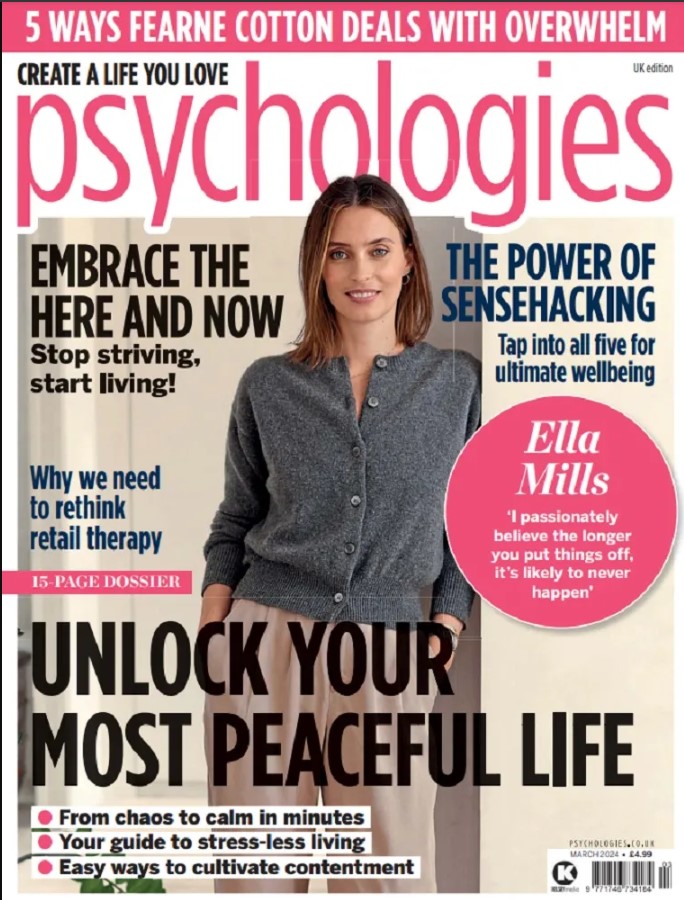How to bounce back stronger, wiser and tougher
The world as we know it has changed. And it might never be the same again. That’s a scary thought. My tips below will help you bounce back from these unprecedented and challenging times and come out on top.

You become what you experience
You become who you are based on the sum of your experiences. Good and bad, messy and challenging. People often learn something about themselves in the midst of struggle. Trauma and adversity can give you a heightened appreciation for life. You become resilient when you use obstacles and adversity to clarify what actually matters to you.
What is resilience and what does it look like?
Resilience is the capacity to recover quickly from difficulties. To bounce back from a challenge in life, usually stronger, wiser and tougher.
Highly resilient people have a high degree of self-awareness. They understand what makes them tick emotionally, manage their emotions well and take responsibility for their thoughts, and actions too. They know an optimistic attitude serves them better than a pessimistic one. And they accept that life can be a challenge, but these challenges are tolerable, bearable and will pass.
What can YOU do to bounce back from a challenge? Try some of the tips below:
Create a piggy bank of challenging past life experiences
Reflect on your past challenges and discover hidden resilient qualities you have forgotten you had. Ask yourself:
– What did you experience?
– What did the pain and discomfort teach you?
– What did you learn about yourself?
– How did you grow?
– How has this contributed to a better life today?
Be clear on what you can and can’t control
Try the exercise below to get out of your head (it’s adapted by Steven Covey’s circle of influence and control). Do this exercise daily / weekly, or as often as you find useful.
1) Draw a circle on a piece of paper.
In this circle, write down everything that you can control and choose where you will focus. What are you choosing to control today?
Some examples might be:
o How often you check the news
o What you eat
o How frequently you open your phone
o What you think
2) Now draw a circle around it. In this circle, write down everything that you are worried about, and can’t control. For each of your worries remind yourself: ‘by worrying about this, it won’t help me to move forward.’
Some examples might be:
o How other people behave
o How other people deal with their emotions
o What other people believe
o What’s unfolding in the news
o The impact of the global pandemic on your work and life
Create your own minimum list
Know yourself and what you need. It’s important to put your own oxygen mask on before you can help others. Include what YOU need to keep in balance. Include some sort of physical exercise. Why? The stress of exercise helps you adapt to the stress you will feel when life challenges you. It’s also easier to be strong when you feel strong.
Find your silver lining(s)
There is a silver lining in every situation. Resilient people find meaning in the lives they live. Ask yourself, how has the Covid-19 pandemic enriched your life?
Reframing is a great skill to develop. By reframing your situation in positive terms, it becomes easier to see how you grow and learn from your experiences.
Humour goes a long way
A laugh a day keeps the doctor away. How can you bring more humour into your life.
And finally, remember to create a new positive narrative about your challenging situation. Dig into your piggy bank of challenging times to find the evidence. And tell your story with pride. It might just inspire someone else.
Photo by Miguel Bruna on Unsplash
Karin Weiser
International Business Coach (ICF-ACC) and Writer
Transition Specialist who supports ambitious professionals in transition in their career and life with conversations that matter. I help ambitious professionals to write the next chapter of their career story. To own it, walk it and talk it. I have rewritten my story many times - moved countries, climbed the corporate ladder, zigzagged in my career. I stand for diversity, well-being and lifelong learning. In 2019 I took a life leap to self-employment. Proud to be a Psychologies Ambassador and ICF Barefoot certified coach (ACC). My WHY is to have a positive impact on people - in person, virtually and through words. British by birth, global by choice - I'm based in Copenhagen and work globally. My personal recipe for a balanced life includes a splash of optimism, yoga and dark chocolate.



